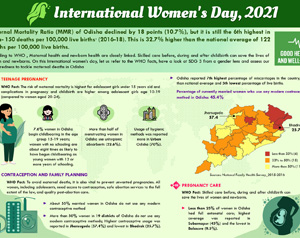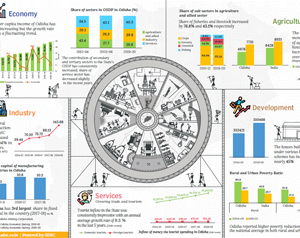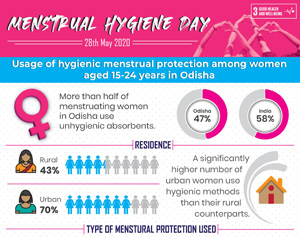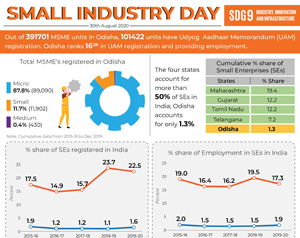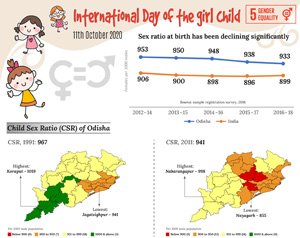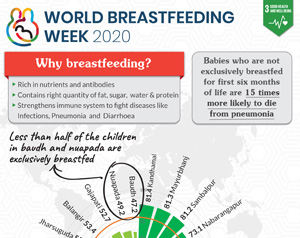About Siddha Foundation
Siddha Foundation is a CSR wing of Siddha Development Research and Consultancy Private Limited. It has been registered as a Trust The Indian Trusts Act, 1882. Siddha Foundation is committed to work for a society where people are active partners in development or social change initiatives that are rooted in the values of equality (gender and social) and social justice. To become partners in development, people need to be aware and have knowledge of their rights along with their duties and responsibilities as active citizens of the nation. As aware citizens they would contribute effectively to the “Nation building” ideology. They would contribute to building a society that promotes equality and social justice; a society that is free from all forms of deprivation and marginalisation; a society that treats all its members with equal respect and dignity irrespective of gender, caste or class.
Our Vision
A society that is free from all forms of deprivation and marginalization and treats all its members with equal respect and dignity irrespective of gender, caste or class. A society where people are aware of their rights and responsibilities to become active partners in development that is grounded on the values of equality (gender and social) and social justice.
Our Mission
Enable women and men become informed citizens and partners in development towards improved quality of life with dignity for all.
Resources
Key Strategies
Engaging with people to help them become informed citizens who partners in development or social change initiatives with other stakeholders would involve the following core strategies:
Knowledge or capacity building initiatives
- → Collect Information from Government and non-government sources and simplify it at the local level (in local language wherever applicable) for mass dissemination.
- → Develop Informative Educative Materials (posters, pamphlets, brochures and other learning materials) for mass dissemination on issues relevant to the beneficiaries (health, skill, education, government schemes for programme beneficiaries).
- → Organize capacity building/skill development workshops/trainings to augment the skill/capacities of different stakeholders and help them effectively deliver results in governance and human development initiatives. Areas of capacity building would include but would not be limited to skill development, entrepreneurship development (end to end solutions), data management (collecting, collating and sharing), knowledge management and human development intervention management etc.
Research and data management initiatives
Undertaking qualitative as well as quantitative people centered research studies
for evidence-based decision making is at the core of the research and data
management initiatives. It would involve:
11The nature of the trust is defined as "Human Development
Research & Advocacy
Trust"
- → Making effective use of technology in research practices for time efficient studies minimizing errors at all stages of research- data collection, data processing, data analysis, visually effective presentation, and data dissemination.
- → Conducting baseline surveys/ feasibility studies, detailed project reports, techno economic reports, survey and site selection, planning, designing, testing and/or furnishing process, knowhow, supervision and execution of all aspects of works pertaining to providing services for the project/programme within a Results Based Management or Logical Framework.
- → Data collections (quantitative, qualitative, textual, non-textual) from primary and secondary sources for analysis; dissemination and advocacy in the fields of human development, agricultural, manufacturing and service industries and other osical and community based areas by employing methods inclusing interviews, focus gorups, field observations, photography, videography, sample surveys and census enumeration.
Programme Implementation
- → Action research approach with effective use of technology in programme planning, implementation, monitoring and evaluation of social development programmes. This will help policy makers, implementers, development institutions and people’s representatives effectively drive governance and human development initiatives.
- → Optimal engagement of local people and other local resources in the field of human development in agriculture, manufacturing and service industries and concerning communities and society in general.
- → Support and augment human developemnt initiatives of the government like Atmanirbhar Bharat, Ayushman Bharat, Poshan Abhiyan, Swachha Bharat Mission, Anaemia Mukta Bharat, Beti Bachao Beti Padhao, Smart Cities Mission, Standup India and Startup India etc.
- → To support all initiaties like the Digital India Mission, and contribute in building digital awareness and capacities of people and transforming India into a digitally empowered society and knowledge economy through use of information technology.
